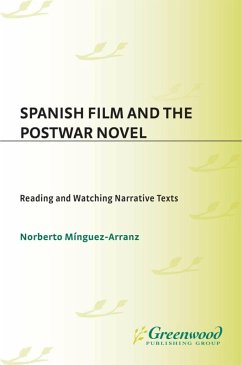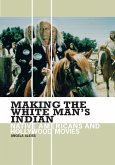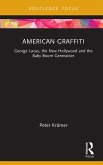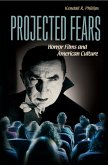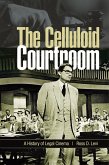The novel and the film are two modes of representation based on different aesthetic tools, but both are capable of articulating narrative discourses. In Spanish Film and the Postwar Novel, author Norberto Minguez-Arranz offers a comparative analysis of the methods and mechanisms with which the novel and the film build their stories. A theoretical framework that that puts into perspective such concepts as specificity, representation, and point of view gives way to a comparative study of five Spanish postwar novels and their respective film adaptations: The Family of Pascual Duarte, Time of Silence, The Hive, El Bosque Animado, and Nuevas Amistades. Revealing the existence of cinematic features of the novel and literary features of the cinema, the author examines the ways in which this interdependence has become a permanent aspect of both arts, with mutual influences and a great deal of nonexclusivity of properties. By using this particular time and place as his locus of analytical thought, Minguez-Arranz provides an invaluable examination of two of this century's major creative forms.
Bitte wählen Sie Ihr Anliegen aus.
Rechnungen
Retourenschein anfordern
Bestellstatus
Storno

